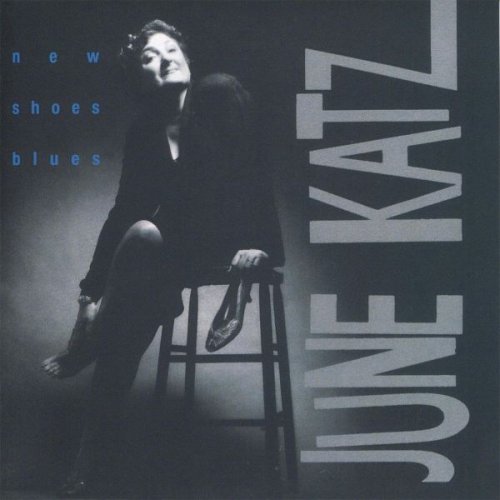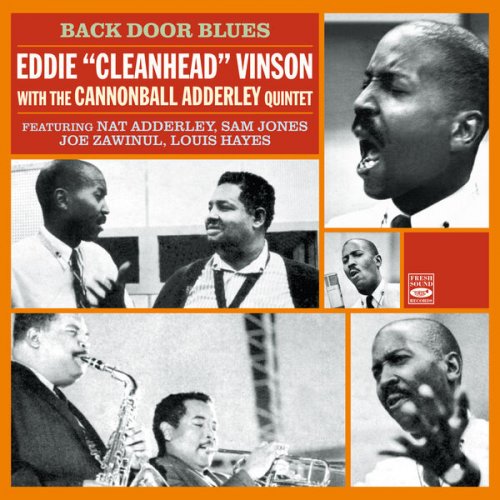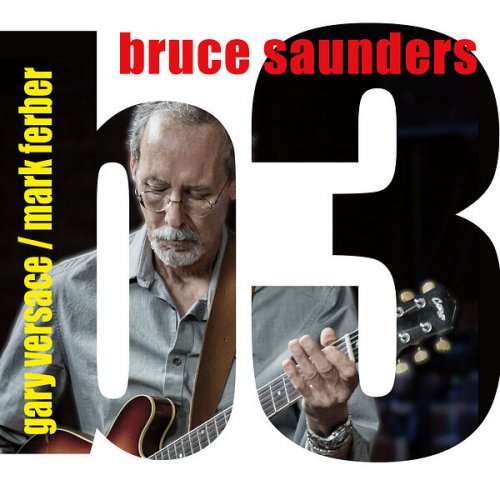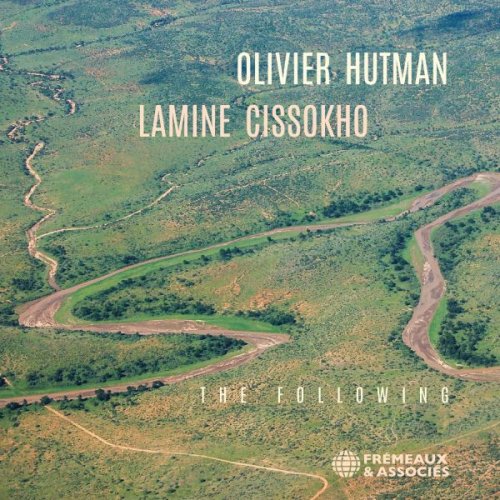Slowly Rolling Camera - London (2016) [Hi-Res]
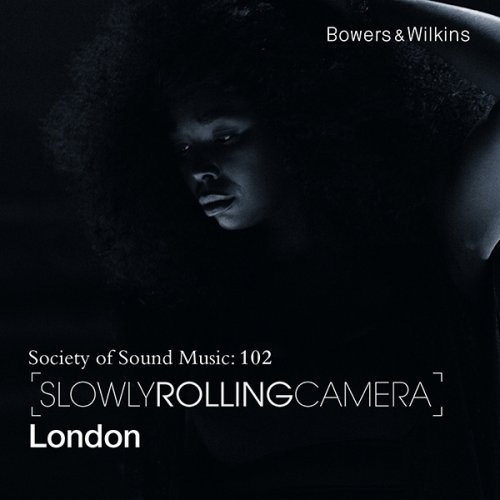
Artist: Slowly Rolling Camera
Title: London
Year Of Release: 2016
Label: Society of Sound Music/Real World Records
Genre: Nu Jazz, Soul, Female Vocal
Quality: FLAC (tracks) 24 bits / 96 kHz
Total Time: 70:05
Total Size: 1.26 GB
WebSite: Album Preview
Tracklist:Title: London
Year Of Release: 2016
Label: Society of Sound Music/Real World Records
Genre: Nu Jazz, Soul, Female Vocal
Quality: FLAC (tracks) 24 bits / 96 kHz
Total Time: 70:05
Total Size: 1.26 GB
WebSite: Album Preview
01. Slowly Rolling Camera
02. Dream A Life
03. Bridge
04. Color
05. Protagonist
06. Rivers End
07. Into The Shadow
08. Riga
09. Fragile Ground
10. Two Roads
You could waste a lot of time worrying about what genre to force Cardiff-formed Slowly Rolling Camera into; so, apart from acknowledging their obvious debt to David Bowie’s Low, let’s not bother. Let’s instead just say that it’s identifiably the music of northern Europe, with all the rather chilly modernism and repressed cultural angst that might suggest. As keyboardist/composer Dave Stapleton and ‘sound artist’ Deri Roberts go about their work, i.e. generating dark, ethereal, drifting moodscapes with a post-apocalyptic feel, statuesque singer/lyricist and front person Dionne Bennett does her best to engage the audience with some powerful soul singing.
It’s a massive sound, with electronically-generated vocal harmonies and string sections as well as the live six-piece band, saxophonist Ben Waghorn often blowing long, mournful notes, and drummer Elliot Bennett adding skittering drum’n’bass and broken-beat patterns beneath it all. Where one might have expected more electronica, Aidan Thorne plays acoustic double bass - a good choice, since it makes the music sound more human.
Most of the set was taken from their eponymous 2014 debut album and new 4-track EP Into The Shadow. It was undeniably powerful stuff – emotional and haunting. However, due no doubt to my own unfamiliarity with the material, each number did rather sound like the previous one.
Stuart McCallum was Slowly Rolling Camera’s guitarist, doing a double shift, since his own ensemble had been on first.
Like Slowly Rolling Camera, McCallum and his band played a set comprising recent recordings – in his case last year’s outstanding City album.
There are many similarities between the two outfits, not merely the introverted, melancholy tone, but in the filmic vibe. McCallum is a wonderful guitar player, with his own unique sound, reminiscent of Durutti Column’s Vini Reilly, and somewhat in the vein of Bill Frisell. His compositions are meditative, one might almost say devotional - Bach-like in their ascending and descending patterns, but jazzy in their long, fast, chromatic solo lines underpinned by shifting harmonics. It was gorgeous.
The key collaborator in all this is the album’s producer and drummer Richard Spavin, looking demonic in a pool of green light, playing in a similar drum-and-bass style to Elliot Bennett. McCallum was sensitively supported by Sean Foran on keys and Robin Mullarkey on electric bass, plus Sharlene Hector (from Basement Jaxx) on occasional vocals.
McCallum was a diffident front man, but made the audience laugh by drily pointing out his own foolishness in not only releasing an album on which blue was the dominant colour, but calling it City, when at least half the population of his home town of Manchester are United supporters. (Peter Jones, LondonJazzNews)
It’s a massive sound, with electronically-generated vocal harmonies and string sections as well as the live six-piece band, saxophonist Ben Waghorn often blowing long, mournful notes, and drummer Elliot Bennett adding skittering drum’n’bass and broken-beat patterns beneath it all. Where one might have expected more electronica, Aidan Thorne plays acoustic double bass - a good choice, since it makes the music sound more human.
Most of the set was taken from their eponymous 2014 debut album and new 4-track EP Into The Shadow. It was undeniably powerful stuff – emotional and haunting. However, due no doubt to my own unfamiliarity with the material, each number did rather sound like the previous one.
Stuart McCallum was Slowly Rolling Camera’s guitarist, doing a double shift, since his own ensemble had been on first.
Like Slowly Rolling Camera, McCallum and his band played a set comprising recent recordings – in his case last year’s outstanding City album.
There are many similarities between the two outfits, not merely the introverted, melancholy tone, but in the filmic vibe. McCallum is a wonderful guitar player, with his own unique sound, reminiscent of Durutti Column’s Vini Reilly, and somewhat in the vein of Bill Frisell. His compositions are meditative, one might almost say devotional - Bach-like in their ascending and descending patterns, but jazzy in their long, fast, chromatic solo lines underpinned by shifting harmonics. It was gorgeous.
The key collaborator in all this is the album’s producer and drummer Richard Spavin, looking demonic in a pool of green light, playing in a similar drum-and-bass style to Elliot Bennett. McCallum was sensitively supported by Sean Foran on keys and Robin Mullarkey on electric bass, plus Sharlene Hector (from Basement Jaxx) on occasional vocals.
McCallum was a diffident front man, but made the audience laugh by drily pointing out his own foolishness in not only releasing an album on which blue was the dominant colour, but calling it City, when at least half the population of his home town of Manchester are United supporters. (Peter Jones, LondonJazzNews)
![Mateus Asato - ASATO (2026) [Hi-Res] Mateus Asato - ASATO (2026) [Hi-Res]](https://www.dibpic.com/uploads/posts/2026-02/1772112407_egqdz3e9dom2b_600.jpg)
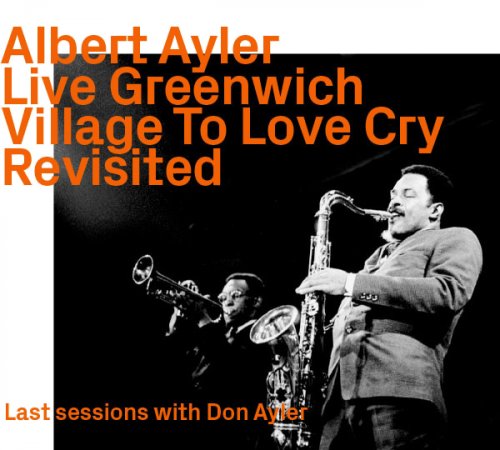
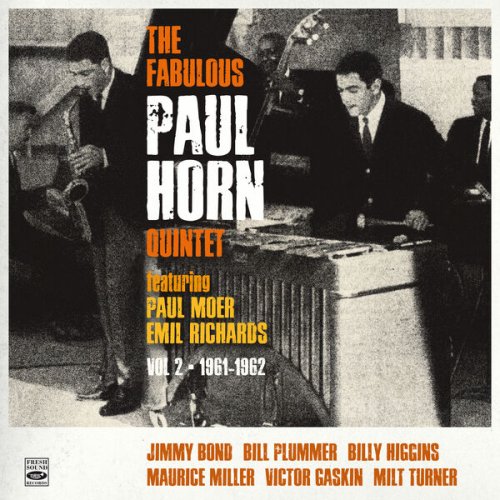
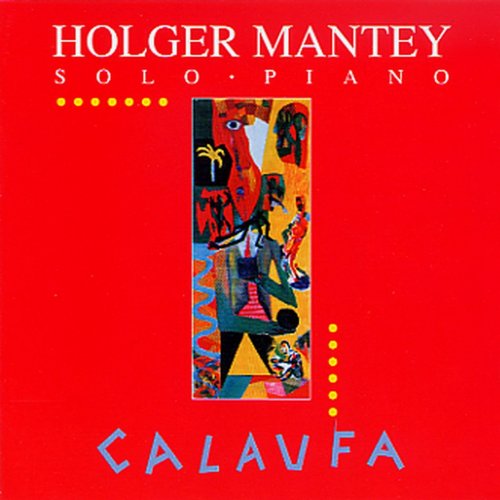
![The Mood Mosaic & Fausto Papetti - Bésame (Y Haz De Mi Cuerpo Tu Reino) (2026) [Hi-Res] The Mood Mosaic & Fausto Papetti - Bésame (Y Haz De Mi Cuerpo Tu Reino) (2026) [Hi-Res]](https://www.dibpic.com/uploads/posts/2026-02/1772125285_cover.jpg)
